For a lot of organisations, some technology “baggage” is just par for the course. Sure, dragging around legacy email archives year after year makes very little business sense – particularly if you’re flying high in the Microsoft cloud. But the reality is that there are always (a) bigger fish to fry, and (b) barriers that make tackling the project a lot less appealing.
That said, you may want to think twice before committing to keeping those legacy email archives limping along in 2024.
Push factors- challenges with existing legacy email archives
The end is nigh
The most obvious reason to exit legacy email archives as quickly as possible is the fact that many of them are literally creaking at the seams.
A lot of popular SaaS solutions like Dell SourceOne have already reached end-of-life, opening the door to new security vulnerabilities, failing compatibility, and increasingly slow performance with no product support.
That dusty on-prem infrastructure’s days are also numbered. All in all, the end isn’t just near, it’s right around the corner.
The costs are high
You’d think that, being old and creaky, legacy email archives would at least be affordable. Anyone with a current Mimecast subscription would beg to differ.
Most SaaS email archive solutions have become almost intolerably costly over the years, delivering an increasingly poor value proposition to those organisations still saddled with legacy “baggage”.
The functionality is (probably) redundant
Between Microsoft Exchange Online, Microsoft Defender for Office 365 and Microsoft Purview, you’ll find most – if not all – of the functionality provided by your legacy email archive already available within your Microsoft environment. That’s a whole lot of duplication to be paying a premium for (particularly when you’re going to have to move off your legacy archive, eventually).
Pull factors – the untapped potential of Microsoft 365
Consolidate your environment
There are some very compelling reasons to expedite the migration of your email archives into Microsoft 365, regardless of the state of your current solution. Our particular favourite is the extraordinary untapped potential that becomes available when your environment is consolidated into a single platform.
The administrative benefits, alone, are often well worth the migration, making it infinitely easier to apply robust and uniform security and governance policies across all workloads. Add the ability to leverage Microsoft’s content search capabilities (particularly useful for eDiscovery and DSARs) in legacy content, too, and the value proposition becomes even more irresistible.
Regain autonomy over your data
Bringing your legacy email into Microsoft also means regaining data autonomy. No more vendor lock-in holding your data hostage. You choose when, where and how to protect and manage every byte.
Improve your adaptability
You’ll also benefit from Microsoft’s agility and scalability, enabling you to adapt as your business needs and/or regulatory requirements evolve.
The business case for email archive migration
We’re not going to sugar-coat it: email archive migrations can be complicated and high-risk, with returns that can take anywhere up to 3 years to become evident.
That said, the risk of not migrating and being left with a vulnerable, end-of-life archive and/or fragmented technology ecosystem is also substantial (not to mention the ongoing – and avoidable – SaaS subscriptions and infrastructure maintenance costs).
So how do you make the case for a 2024 email archive migration? In our experience, the key lies in quantifying the immediate and long-term cost benefits, as well as the long-term security, compliance and administrative improvements of a consolidated Microsoft environment.
We can help – learn more about our 1-hour Email Preservation and Migration Workshop.
Reducing the cost and impact of email archive migration
The cost of extracting data from SaaS vendors is one of the biggest barriers to email archive migration. It’s also, unfortunately, outside of your (or our) control.
When it comes to the rest of the project, however, there’s a lot we can do to lighten the load.
-
- Effort – As migration-as-a-service providers, we shoulder the entire load of the migration for our clients, using our proven methodology to minimise risk, maximise efficiency, and preserve compliance at all times.
-
- Time – We’re old hands at prioritisation and rapid processing, helping maintain momentum and minimise project timelines.
-
- Risk – Our proven methodology includes tried and tested migration pathways that maintain auditable security and compliance. We’re also Defender and Purview deployment specialists, able to prepare your destination environment for immediate data protection, leaving no room for vulnerabilities to creep in.
-
- Cost – We leverage the optimal combination of Exchange Online and Azure for each project, enabling us to offer extremely competitive rates.





